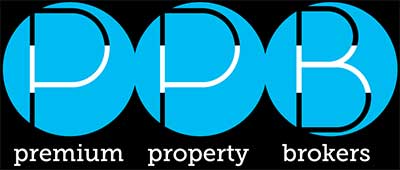1.When To Sell Your Business
Consider the reasons behind your decision to sell your business and make sure it is the right one for you. Once the decision has been made to sell, when to place your business on the market is important and can affect the result. Christmas holidays, end of financial year and seasonal influences can impede the outcome.
2. How To Select A Reputable And Experienced Business Broker
Business Brokers can help you understand legal and government requirements, provide market trends for your industry. They can make the process of selling your business less stressful. They can also liaise with solicitors and accountants for the vendor and purchaser.
3. Ascertaining A Value For Your Business
Working out the value of your business is crucial before placing it on the market. Factors to take into consideration are:
a. Calculating a business’s net value; freehold, lease, goodwill, fittings, stock
b. Assess the market; comparison of similar businesses on the market
c. Financial returns; advice from your accountant on tax and capital gains
4. Marketing Your Business
The method you advertise your business will depend on your business type, industry, location and marketing budget. Your broker will be able to advise you on the appropriate types and costs best suited to your business.
5. Decide On What’s Included In The Sale Of The Business
Make sure to know what to include in the sale of your business. Points to consider:
a. Equipment under lease – payout or transfer the lease
b. Selling the registered business name
c. Freehold land and buildings

